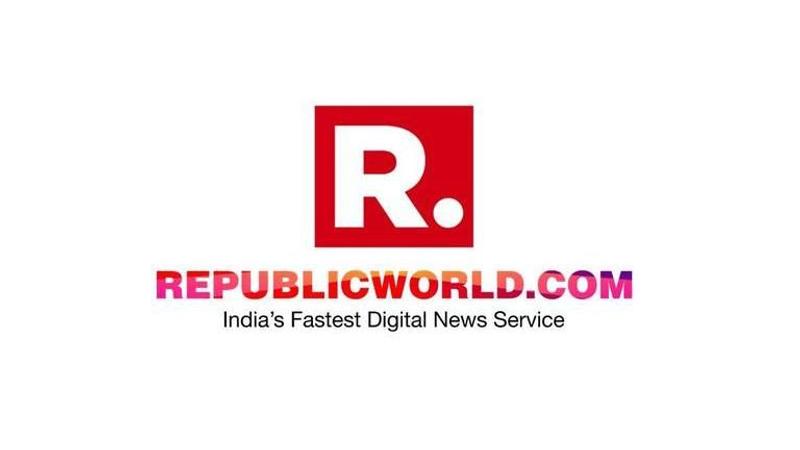Published 20:04 IST, October 12th 2019
Nobel Winner Yoshino's Li-ion batteries symbolise Japan's ingenuity
Akira Yoshino developed the Li-ion batteries which got the Nobel Prize. These batteries were also responsible for making Japan dominate the world market.

Akira Yoshino was one of the developers of the lithium-ion battery technology who also received a Noble Prize in Chemistry 2019 along with John B Goodenough, M. Stanley Whittingham. The Japanese chemist from Asahi Kasei Corporation made the batteries which have also become the core component in laptops, smartphones, and electric vehicles, and other applications are still in expansion. The manufacturers in Japan once dominated the world market especially in lithium-ion batteries. However, the recent evolution of items for general use has fueled the development of Chinese and Korean operations at a lower price range.
Lithium-ion batteries
These batteries were initially commercialized by Sony Corporation in 1991 and ever since then, their use has spread. They are used in mobile phones as well as laptops because of the high energy per unit of mass. These batteries even have greater power to weight ratio along with high energy and their performance remains unaffected with high temperature. Because of their low self-discharge, a number of plug-in hybrid electric vehicles also use the lithium-ion batteries. The Nobel Prize is awarded to the scientists who developed these batteries as according to the organization, they have “revolutionized our lives”.
Market research
Reportedly, according to a market research Japanese company, the global market outlook for lithium-ion batteries in 2019 is close to 4.79 trillion yen. This figure is also expected to increase to twice its size and jump to become 7.39 trillion yen by 2022. The recent Chinese and Korean developments of semiconductors and liquid crystal panels have decreased the 90 per cent Japanese share in the global market. Now, China becomes the main battleground for the electric vehicle market and has significantly improved its profile. Moreover, NEC Corporation has reportedly also announced in 2018 that it would finally transfer all their stock in a lithium-ion battery manufacturer to set up a joint venture with Nissan Motor Corporation to a Chinese fund through Nissan.
Nobel Prize in Chemistry
The Nobel Prize in Chemistry 2019 was jointly awarded to Goodenough, M. Stanley Whittingham and Akira Yoshino “for the development of the lithium-ion batteries” on October 9. This was announced two days after the Nobel Prize in Physics was announced for a Canadian-American cosmologist along with two Swiss scientists. The awards were presented by Göran K Hansson, Secretary-General of the Royal Swedish Academy of Sciences.
(With agency inputs)
Updated 22:15 IST, October 12th 2019




